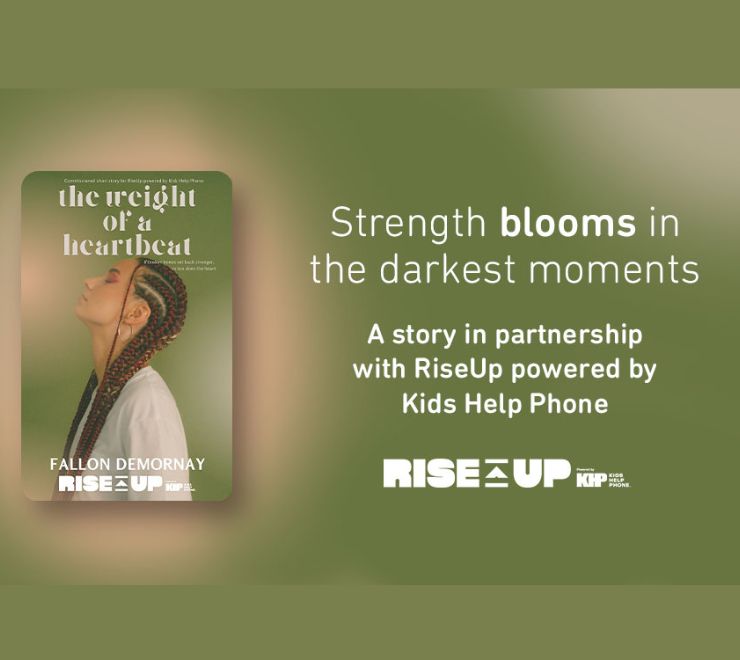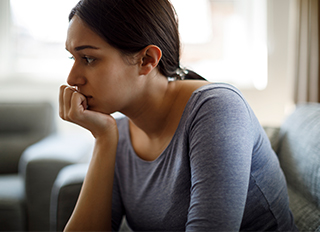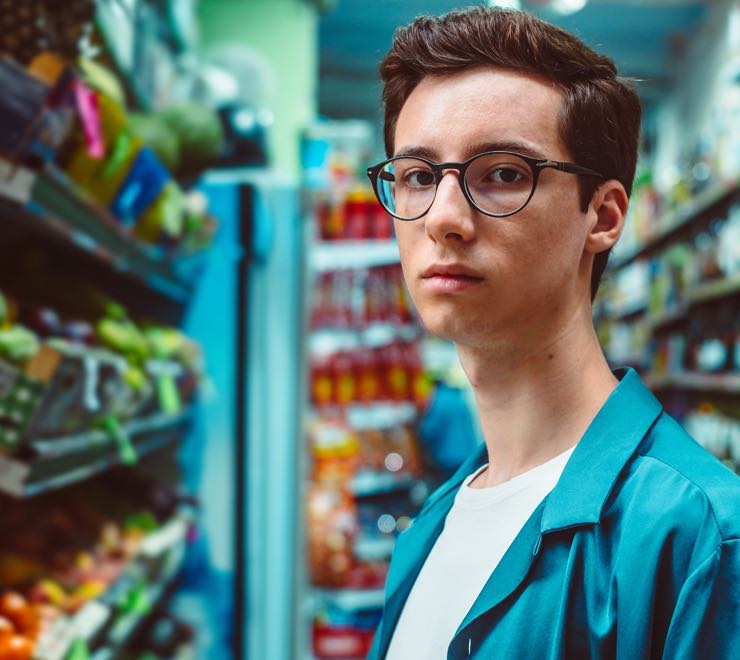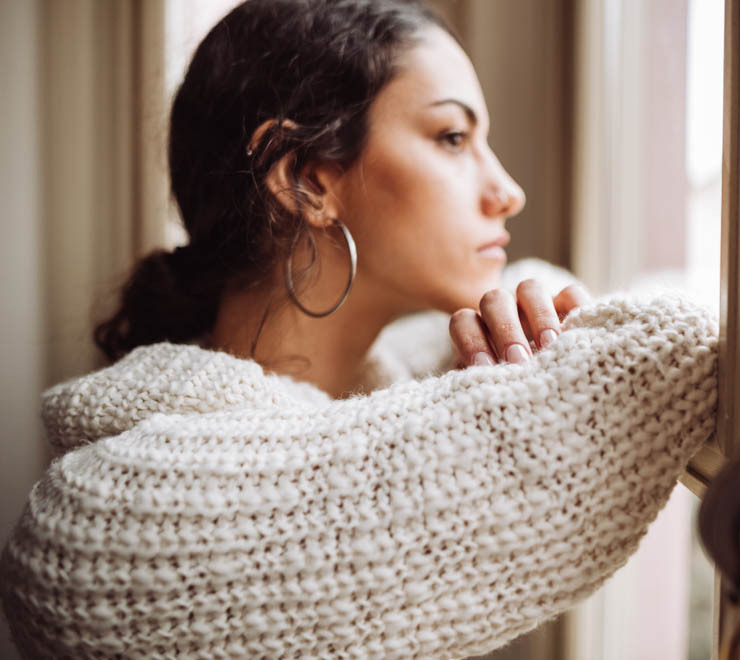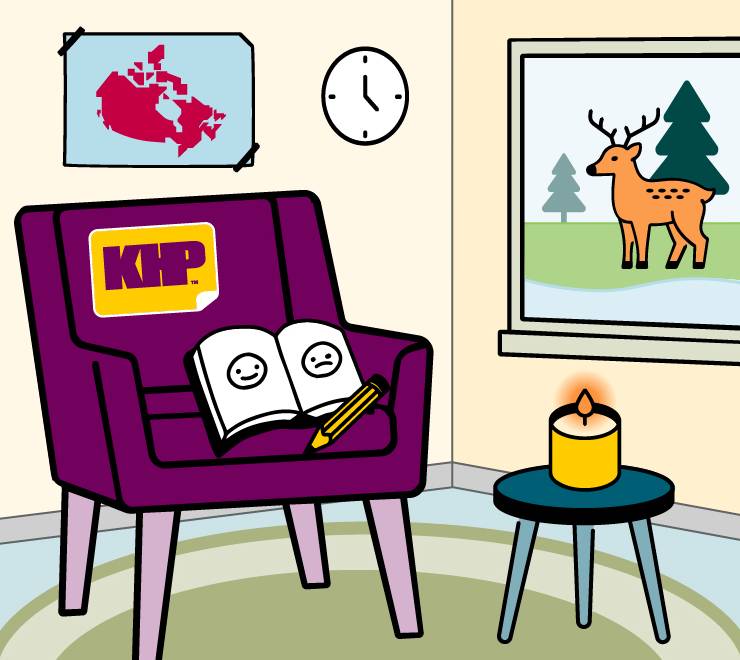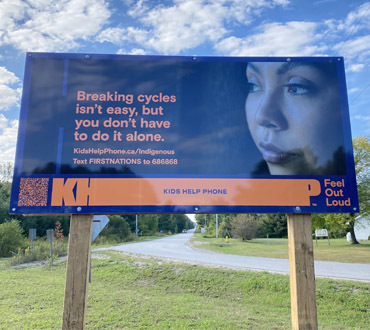It can be hard to know what to do if you see someone overdose on drugs or alcohol. Here’s how to help a person (along with signs to look for) if you think they may have overdosed.
An overdose occurs when a person takes more drugs or alcohol than their body can handle. It is possible to overdose on many different types of substances, including illegal drugs, alcohol and over-the-counter medication such as painkillers.
If you suspect someone may have taken too much of a drug, or taken a combination of substances (such as alcohol and painkillers), they may be showing signs of an overdose. Signs and symptoms of an overdose may vary depending on the substance, but can include:
- severe headache
- chest pain or heart palpitations
- difficulty breathing
- confusion or paranoia
- seizure
- hallucinations or delusions
- heavy sweating
- pale or blue skin
- low body temperature or clammy skin
- difficulty speaking
- vomiting
- slow, irregular or rapid heartbeat
- loss of consciousness
Some symptoms of an overdose can be life threatening. It’s important to call 911 or the emergency services in your area right away if you think someone may have overdosed.
While you’re waiting for emergency services to arrive, here are some other things you can do:
- roll the person on their side to prevent choking
- stay with the person
- talk to the person to help them stay awake and alert
- have another person find a safe adult
Attending to someone who’s experiencing an overdose can be difficult. After the person has received medical attention, it’s important to get help for yourself, too. You can always call a Kids Help Phone counsellor at 1-800-668-6868 if you need to talk about what happened.
An overdose can have long-term effects on a person’s mental and physical health. Learning how to recognize the signs and symptoms can help someone who’s overdosed.



